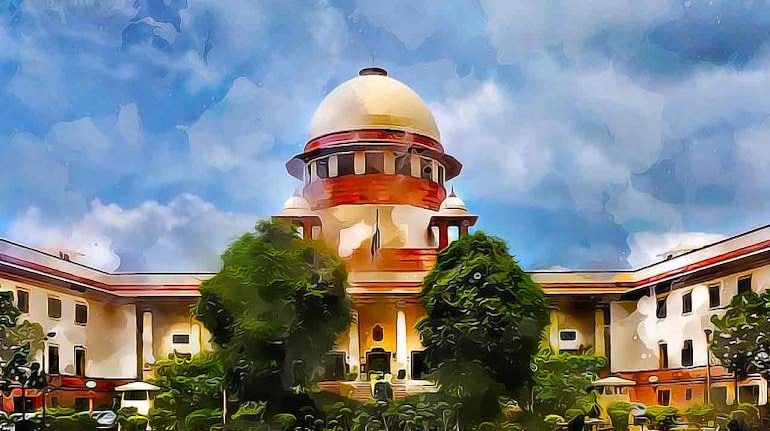The SC’s order may give temporary relief to those corporate borrowers who are on the verge of a default. The next hearing will be on September 10
The Supreme Court (SC), in an interim ruling, has said that loan accounts that are not declared as NPAs (non-performing assets) as on August 31 shall not be declared as bad loans till further orders.
What does this mean?
Though an interim order, this will help potential defaulters to escape the NPA tag till a final order comes. In other words, the SC’s order may give temporary relief to those borrowers who are on the verge of loan default. Stressed loans will remain standard for a while. The next hearing will be on September 10.
“Some corporate borrowers who are on the verge of 90-days NPA cycle and are potential defaulters may get some respite for a while. These accounts can remain standard till SC’s final order,” said Sanjay Agarwal, senior director, CARE rating.
After the six-month moratorium, during which all stressed loans got immunity from NPA classification, banks were supposed to get back to regular cycle beginning September 1. However, the SC's interim order is restraining banks from doing the regular business. The NPA clock will not start ticking from September 1.
As per the RBI norms, a loan is tagged as NPA if repayments are overdue 90 days. In the absence of the moratorium, which effectively deferred repayments, a large chunk of the loans would have become NPAs already.
Also, not all accounts had opted for the moratorium. Many such accounts would have been in non-repayment. Such potential NPA accounts could also escape the bad loan tag till clarity comes from the SC.
“The accounts that are likely to default due to non-repayment for 90 days cannot be declared as NPAs till the SC’s final order comes. This means some amount of stress will remain hidden in the banking system for a while,” said a banker on condition of anonymity.
"With SC restricting banks from tagging accounts that are standard as on August 31 as NPAs, banks won’t be able to count the 90-day cycle from September 1. This, in other words, would mean the actual NPAs in the banking system will not reflect until the SC lifts the order and lets banks resume the process," said another banker who too declined to be named.
“The SC is intervening in banks’ regular business cycle, and this will have impact on credit discipline,” he added.
"Any extension of rules that prevent banks from proper asset classification will be bad for the sector," said Jaikishan Parmar, analyst at Angel Broking. "This is because of uncertainty on risk assessment which will impact the investor confidence," he added.
The Indian banking system has over Rs 8 lakh crore NPAs at this stage, which is expected to spike to double digits by March next year due to the COVID-19 pandemic. Indian banks witnessed a steep rise in their NPAs after the asset quality review was initiated by the RBI in 2015. Till then banks were hiding a substantial chunk of their NPAs as standard loans through technical adjustments amounting to evergreening.
Typically, banks prefer not to declare NPAs because they have to set aside substantial money to cover the risk involved in such loans.
However, as past experiences have shown, hiding the NPAs from scrutiny creates a bigger mess in the economy leading to an asset quality problem. In that sense, the SC restraining banks from declaring fresh NPAs isn't good for the banking system.







